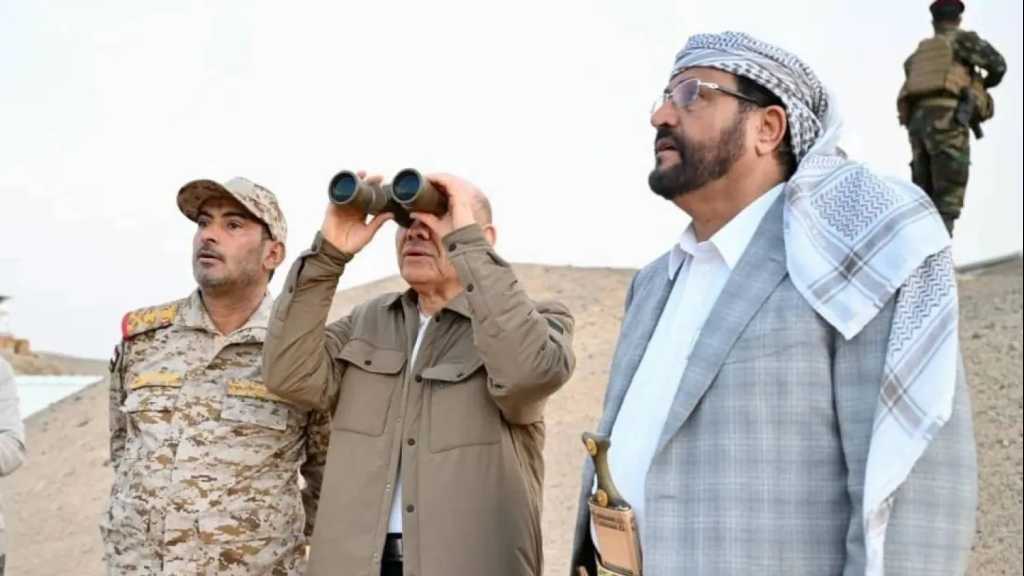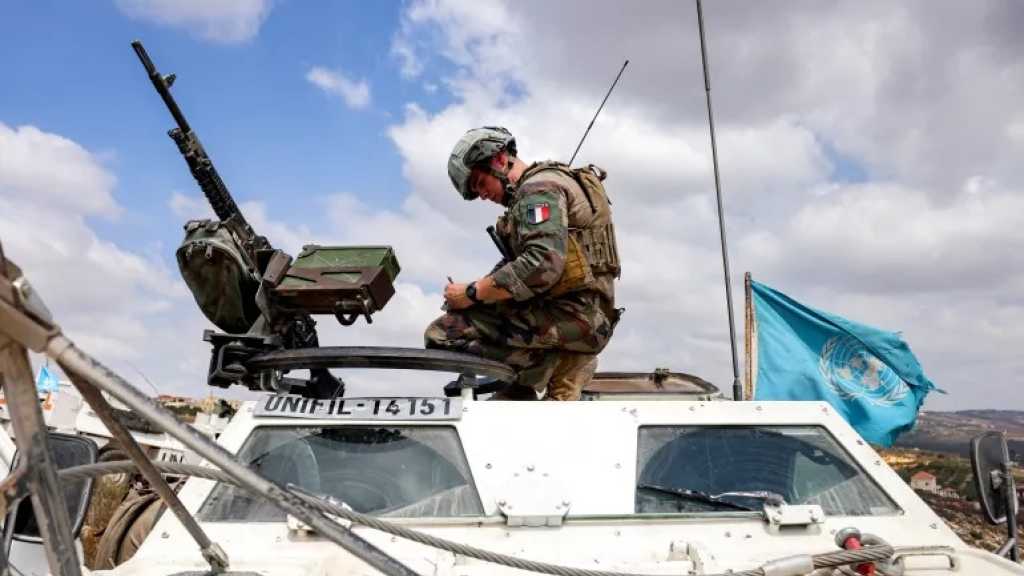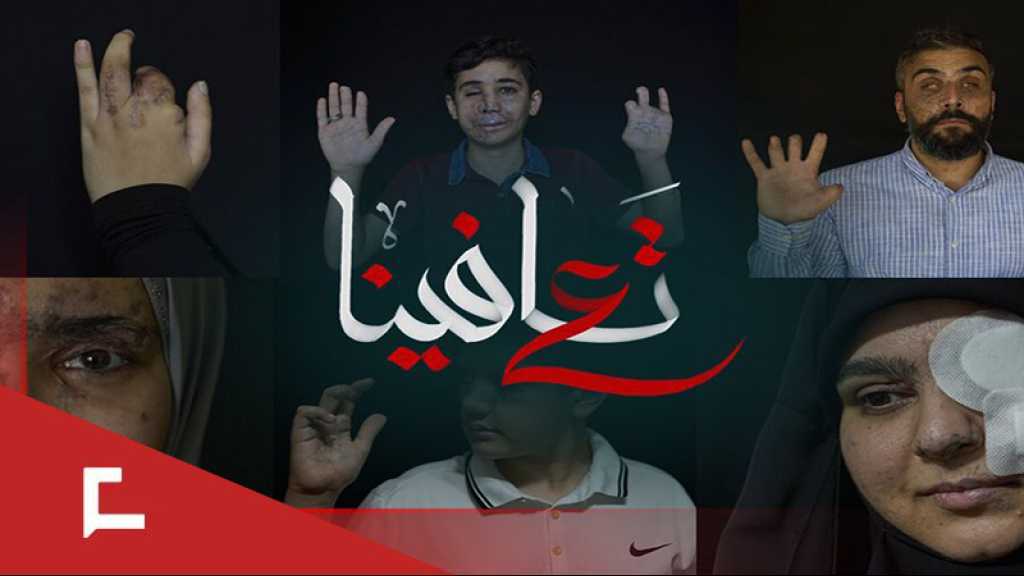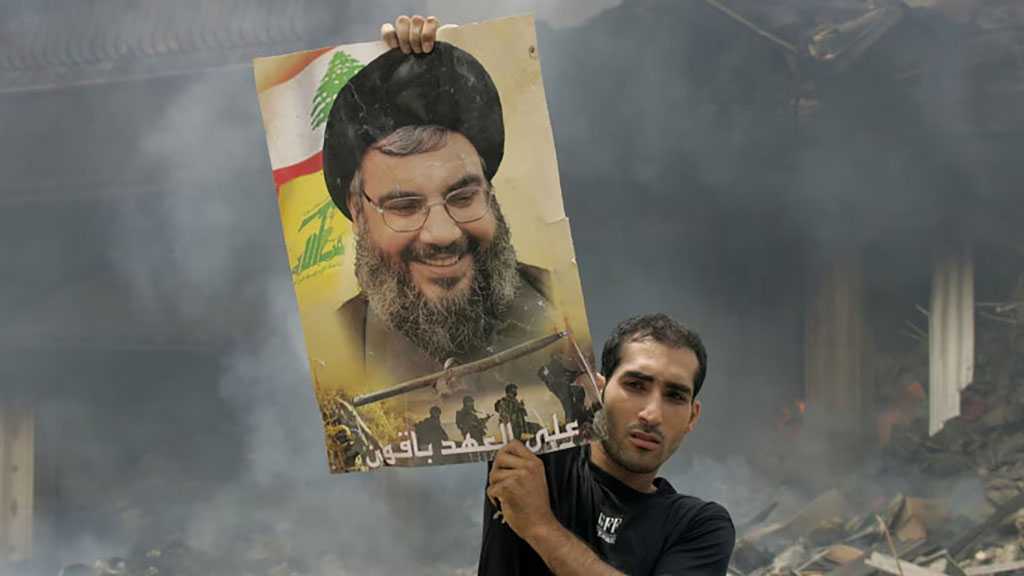Lebanese Finance Minister: We’ve Been Told No One Will Give Us a Penny Unless...

Translated by Al-Ahed News, Al-Joumhouria Newspaper
Lebanon is preparing for a critical evaluation before an "evaluation committee" composed of the International Monetary Fund [IMF] and the World Bank, during the upcoming Spring Meetings scheduled to take place in Washington on April 21. Meanwhile, an IMF delegation visiting Beirut has been assessing the government's readiness concerning reforms.
Accordingly, the Lebanese delegation heading to Washington must be prepared to answer tough questions and, at the very least, demonstrate progress on key reforms to save face and continue negotiations toward a final agreement with the IMF. This is particularly vital as international stakeholders have made it clear: Lebanon will not receive any aid until it obtains a "certificate of good conduct" from the Fund.
Finance Minister and delegation member Yassine Jaber told Al-Joumhouria that Lebanon no longer has multiple options, only one: to implement the required reforms in the administrative and financial sectors. These reforms, he stressed, are a Lebanese necessity before they are an international demand.
“We’re not being asked to reinvent the wheel,” Jaber said. “What needs to be done is obvious: pass the necessary reforms and implement the already approved laws that have been collecting dust in drawers for years.” He also emphasized the need to reactivate neglected state assets, including, for example, the Tripoli Free Zone, Qleiat Airport, the Sports City and other public properties that could generate revenue for the government.
Jaber warned that Lebanon has exhausted its margin for maneuvering. “The time has come to make the long-delayed decisions, not because of international pressure, but because our economic and financial situation can no longer withstand the bleeding,” he said.
He urged Lebanon to "have the courage to look in the mirror and face the facts,” adding that it’s time to stop kicking the can down the road and to end the mentality of delay. “We can’t deceive ourselves into thinking that crowded restaurants or thriving hookah lounges mean our economy is recovering.”
In response to claims that the IMF is imposing harsh conditions, Jaber stated that is not true. “Most of what the Fund is asking for is actually in Lebanon’s own interest and essential for rebuilding the state and the economy.” He also denied that deposit haircuts are on the table, affirming that any decision on that matter remains in Lebanese hands.
Jaber revealed that foreign envoys have been direct: “They told us plainly that we must first prove we are serious about reform—that we must help ourselves before anyone else helps us. No one in the international community is willing to give us a single penny unless they are assured it will be spent properly and in the right place.”
He explained that both the IMF and World Bank leaderships expect the Lebanese delegation to arrive at the Spring Meetings with positive signs of progress, particularly regarding the passage of the banking secrecy law, the bank restructuring law and the appointment of the Council for Development and Reconstruction [CDR], which is expected to handle reconstruction loans.
“These will be seen as benchmarks to assess whether Lebanon is genuinely committed to reform,” Jaber said.
He concluded by noting that foreign donors no longer consider it enough for the government to merely approve reform laws—Parliament must pass them too, and, crucially, they must be implemented. He stressed the importance of activating regulatory bodies across all vital sectors. “Ultimately, we must prove our credibility to ourselves and our people before we prove it to the IMF and the international community.”




